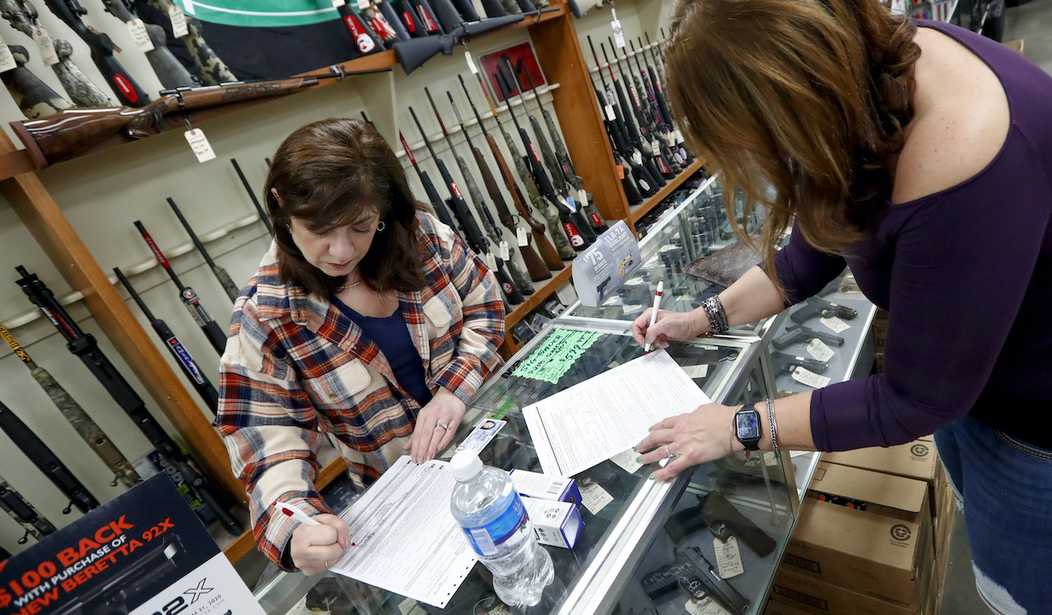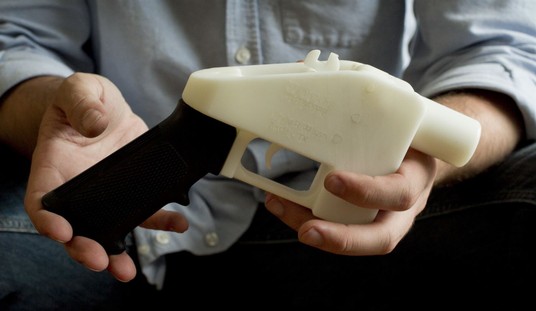The Department of Homeland Security failed to “consistently comply” with National Instant Check System record requirements for a period of almost two years, according to a new report by the Office of the Inspector General; a revelation that highlights the continuing gaps in information and data within the NICS system itself.
The OIG investigation discovered that DHS has more than 6.4-million incomplete records; specifically, the disposition of any criminal charges that might have been brought by a DHS agency. While DHS disputes that the number is that high and claims that the missing disposition records don’t actually amount to noncompliance, at the very least the incomplete records create delays for some gun buyers when they go to purchase a firearm at retail. And the failure to report all the necessary data could also lead to some prohibited individuals being able to complete their purchase if the NICS check is delayed for more than three business days without an official determination on the would-be buyer’s legal status.
According to data reviewed by OIG, U.S. Customs and Border Protection (CBP) has the highest number of missing dispositions. Within CBP, the U.S. Border Patrol apprehends the most persons. The Border Patrol handbook requires staff to include Form R-84 in a case file and for Border Patrol agents, prosecutors, or the courts to complete the dispositions once known. However, CBP transfers arrestees to ICE for immigration proceedings or other law enforcement agencies as necessary, and individuals are not in CBP custody when their cases conclude. When CBP transfers people to other law enforcement agencies for adjudication, those agencies do not always notify CBP of the disposition. Prosecutors and courts are not within CBP, and Border Patrol’s policy requires no additional follow-up to ensure completion of dispositions attributed to CBP.
OIG also determined that the components did not always respond promptly or sufficiently to FBI NICS inquiries. Specifically, DHS components took more than three days to respond or were unresponsive to 126 (59 percent) of 214 NICS inquiries.
The OIG report also contains the damning revelation that at least two certifications DHS submitted to the Department of Justice asserting that they were in compliance with the Fix NICS Act of 2018 were “inaccurate”; a problem that OIG blames on a lack of oversight and any actual policy to ensure that the agency is complying with the Fix NICS Act. Because the DHS certifications were approved even though they contained inaccuracies, that means that the DOJ’s semiannual report to Congress about the NICS system was also fundamentally tainted by bad information.
While the gun control lobby keeps pushing for “universal background checks,” the OIG report makes it clear that the current NICS system is still suffering from some major deficiencies, and it doesn’t look like addressing the problems is a high priority for DHS and its affiliated agencies. According to the report, DHS estimates it could take more than three years for the agency to adopt and implement the OIG’s recommendations, including establishing a “DHS oversight entity to ensure National Instant Criminal Background Check System compliance.”
The Biden administration should be focused on making sure that the existing laws are working as intended, but it looks like they’re far more interested in imposing new restrictions and regulations on gun owners and the firearms industry. That’s not exactly a shocking development given Biden’s longstanding hostility towards the right to keep and bear arms, but the OIG report is yet another reminder of the actual priorities of anti-2A politicians and their co-conspirators in the gun control lobby.









Join the conversation as a VIP Member